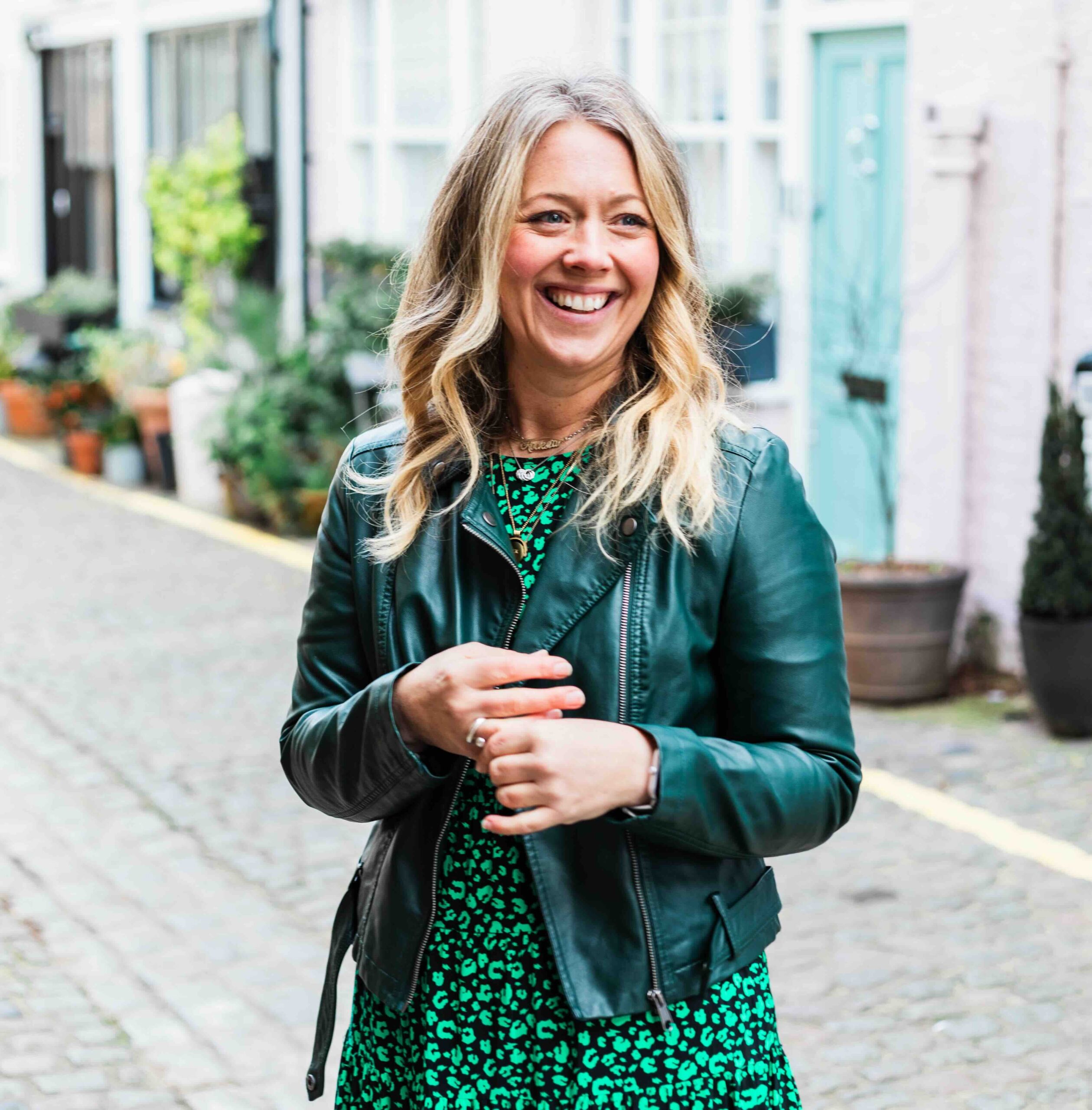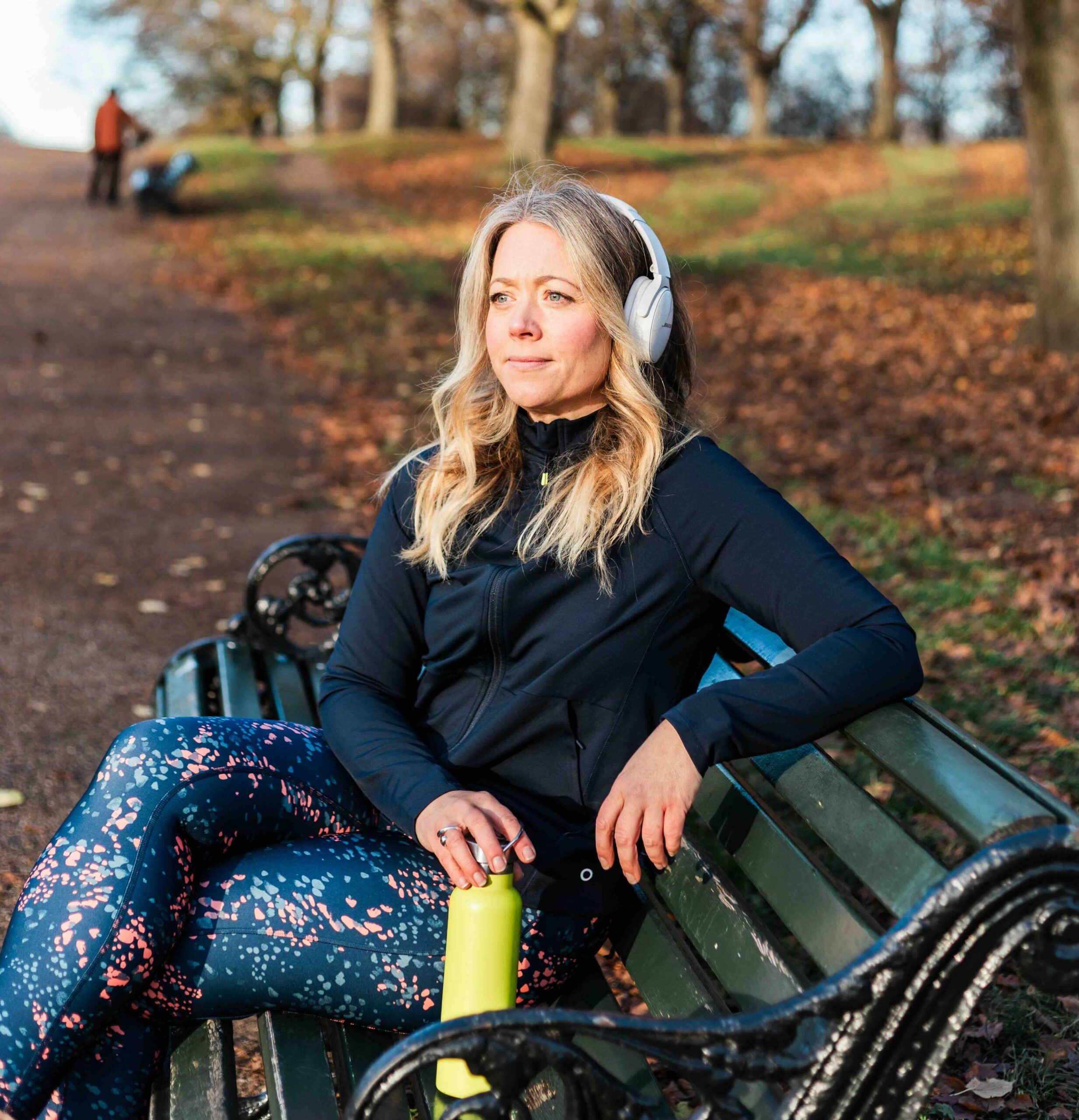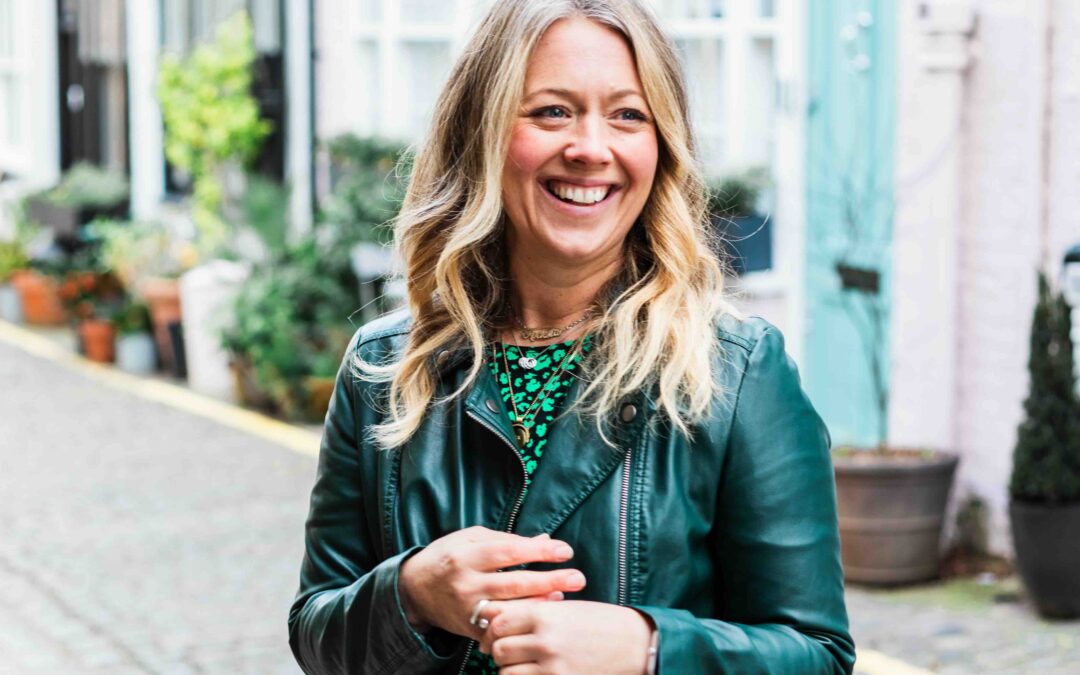Why women are stuck in a catch-22 when it comes to weightloss
We need to start having honest conversations.
Words by Naomi Holbrook

There’s something we need to talk about, but nobody really wants to: weightloss. It dominated the headlines, dinner parties, and group chats for years. Then came the collective rejection. “No more diets,” we said. “No more shrinking ourselves.” We celebrated body positivity, body neutrality, and health at every size—and rightly so. But now? We’re stuck. Because for many women—smart, successful, socially conscious women—there’s still a very real, very personal struggle—one we don’t quite know how to speak about anymore.
Here’s the dilemma: You want to feel good in your body, have more energy, move with ease, and feel healthier, and stronger. But saying that out loud, especially if it involves wanting to lose weight, feels loaded. It feels… wrong. As if by admitting you want to change your body, you’re betraying your feminist principles. Or letting the sisterhood down. That’s the catch-22 so many women are caught in today. We can’t talk about weight loss anymore without feeling guilty for wanting it.
This isn’t about vanity. It’s not about trying to squeeze into skinny jeans for old-time’s sake. For many women, it’s about reclaiming their health, vitality, and sense of self. It’s about waking up and feeling good in their skin—not exhausted, inflamed, and uncomfortable. It’s about wanting to live fully, with energy and ease. But we’ve made weight loss such a taboo subject it now requires a trigger warning. And in doing so, we’ve left countless women navigating their struggles in silence.
‘Admitting you want to lose weight can you feel like you’re saying you hate your body.’
The truth is, admitting you want to lose weight can feel like you’re saying, I hate my body. But that’s not it. For most women I work with, it’s the opposite. They want to take care of their bodies in a way they haven’t been able to before. They want to feel free from the obsession, the exhaustion, the shame. But they’re terrified of being judged for it—by their peers, by their friends, sometimes by themselves. I know because I lived it.
At 14, I bought my first tin of SlimFast. I hid it at the back of my wardrobe behind a pile of shoes, terrified my parents would find it and confiscate it. That moment marked the start of a 27-year battle with secret dieting, secret binge eating, and a shame so deep I thought it would never leave me.
I never told my family. I never told my friends. I thought I should be able to “fix” this on my own. That it was my fault I couldn’t control my weight, that I couldn’t just get on with it. By my 30s, I was researching gastric surgery. I was convinced I’d never be free of obsessing about food, my body, and the number on the scales. I didn’t go through with it. And I’m glad. Because even if I’d lost the weight through surgery, I believe the shame would have still been there. It was the silence that was keeping me stuck.
For years, I tried every method going. Diets, pills, detoxes. I exercised until I was exhausted. I restricted. I punished. And for what? A few fleeting weeks of feeling “in control,” followed by the inevitable ‘falling off the wagon’. What I’ve learned—and what I teach women now as The Unconventional Weightloss Coach—is that lasting change doesn’t come from punishment. It comes from compassion. It’s not about “losing weight.” It’s about restoring health. It’s about looking at the physical, emotional, and mental toll that years of dieting, overworking, stress, hormones, and modern life have taken—and doing something different.

I created my SMART Formula—Sleep, Mindful Nutrition, Activity, Rest & Recovery, Time for Self—because that’s what it really takes. It’s about learning to care for yourself, not control yourself. And yes, weight loss often happens as a result. But more importantly, freedom happens. You stop obsessing. You stop hiding. You stop feeling like you’re fighting yourself every day.
It’s time to end the shame. If you’ve ever felt conflicted about wanting to lose weight, you’re not alone. If you’ve ever wondered, am I allowed to want this? You are. Wanting to feel better in your body doesn’t make you shallow. It doesn’t make you less intelligent, less evolved, or less feminist. It makes you human. And it’s OK to say it out loud.
We need to give women permission to have this conversation. Without fear. Without judgement. Without shame. Because you can love yourself and still want to change, you can accept your body and still want to feel different in it. You can be a feminist and still want to lose weight. It’s not about shrinking yourself to fit into society’s expectations. It’s about expanding into the woman you know you’re meant to be. And that’s a conversation worth having.
Naomi Holbrook is a weightloss coach and best-selling author. You can visit her website here, and her book, Your Weight Is Not The Problem, is out now.
Photo: Naomi Holbrook

